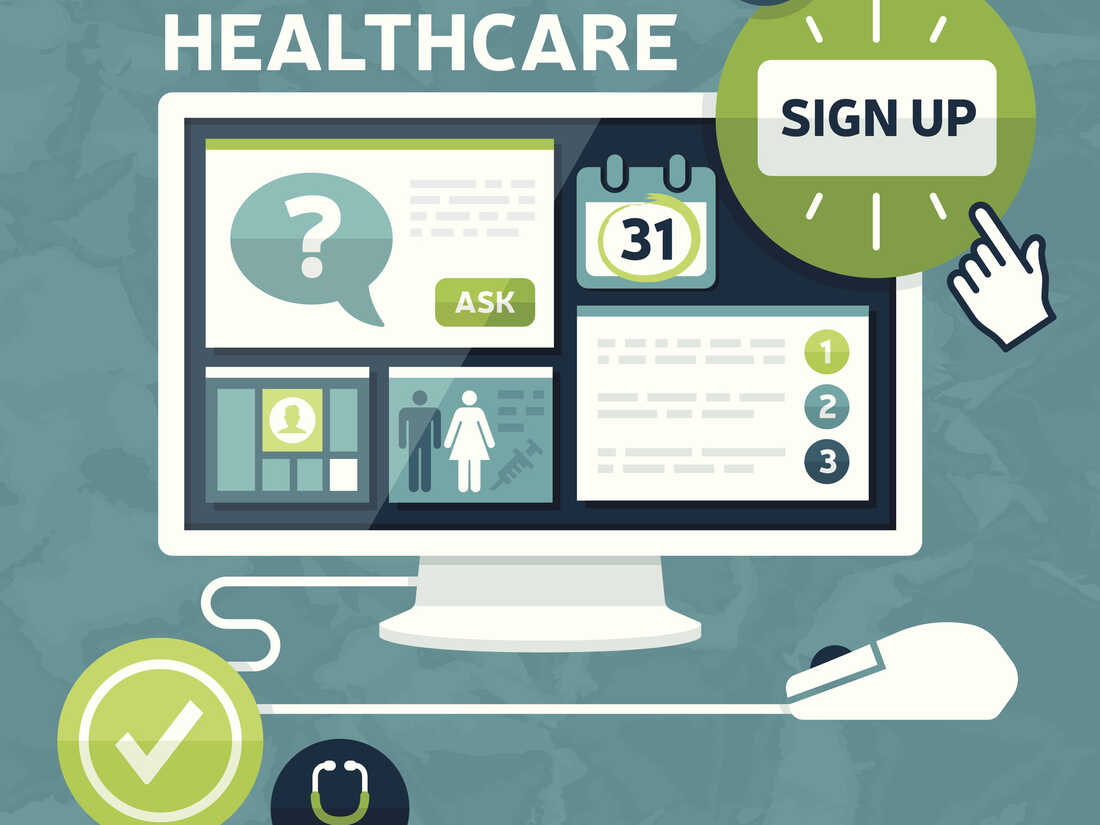people’s health cannot be held hostage

This winter will be life-threatening for millions of people in Ukraine.
The devastating energy crisis, the deepening mental health emergency, constraints on humanitarian access and the risk of viral infections will make this winter a formidable test for the Ukrainian health system and the Ukrainian people, but also for the world and its commitment to support Ukraine.
The country is facing a therma-crisis on top of a perma-crisis brought on by the war and the pandemic.
Half of Ukraine’s energy infrastructure is either damaged or destroyed. This is already having knock-on effects on the health system and on people’s health.
Put simply, this winter will be about survival.
WHO has so far verified 703 attacks on health since the war began 9 months ago. This is a breach of international humanitarian law and the rules of war.
Continued attacks on health and energy infrastructure mean hundreds of hospitals and health-care facilities are no longer fully operational – lacking fuel, water and electricity to meet basic needs.
Maternity wards need incubators; blood banks need refrigerators; intensive care beds need ventilators; and all require energy.
To focus the world’s attention on this situation is why I am here on my 4th visit this year and just days after the largest wave of missile strikes across the country – to meet officials, health workers and patients and offer WHO’s unwavering support to the Ministry of Health, to the government and to the Ukrainian people.
And to express my gratitude and respect for Ukraine’s doctors, nurses and other health workers, who continue to show their heroism.
What we know is that hundreds of thousands of premises across the country – including private homes, schools and hospitals – have no gas supplies, essential not only for cooking but also for heating.
Today, 10 million people – a quarter of the population – are without power.
Temperatures are predicted to plummet as low as -20 ˚C in parts of the country.
As desperate families try to stay warm, many will be forced to turn to alternative heating methods, like burning charcoal or wood, or using generators fuelled by diesel, or electric heaters. These bring health risks, including exposure to toxic substances that are harmful for children, older people and those with respiratory and cardiovascular conditions, as well as accidental burns and injuries.
We expect 2–3 million more people to leave their homes in search of warmth and safety. They will face unique health challenges, including respiratory infections such as COVID-19, pneumonia and influenza, and the serious risk of diphtheria and measles in under-vaccinated populations.
All of this is taking its toll on the mental health of Ukrainians. This week, the war enters its 9th month, and already some 10 million people are at risk of mental disorders such as acute stress, anxiety, depression, substance use and post-traumatic stress disorder, or PTSD.
By training health-care workers on how to provide mental health services, WHO has so far reached 1400 people with severe mental health conditions across Ukraine.
Tens of thousands of psychosocial support and mental health consultations have been held for health-care workers and the general public, including by mobile mental health teams who go out to the community to offer care. This wouldn’t be possible without the tireless support of the First Lady, Her Excellency Ms Olena Zelenska, whom I thank for our meeting earlier today.
I have also met with the Prime Minister, His Excellency Mr Denys Shmyhal, and the Minister of Health, Mr Viktor Liashko, with whom I discussed energy supply, preparing for the winter, and perhaps most crucially, meeting critical health needs in both newly regained and occupied areas.
And this brings me to my next point – humanitarian access.
The war has impacted both access to health-care and supply lines for the flow of humanitarian aid. Ukraine needs sustained resources to see the health system through the winter and beyond, points that will be high on the agenda at next month’s Ukraine Conference in Paris, under the leadership of President Macron and President Zelenskyy.
I am very concerned for 17 000 HIV patients in Donetsk, who may soon run out of critical antiretroviral drugs that help keep them alive. I am urgently calling for the creation of a humanitarian health corridor into all newly regained and occupied areas. WHO and our partners are ready to mobilize at a moment’s notice.
I reiterate my call on both parties to allow urgent humanitarian access to meet people’s health needs.
Access to health care cannot be held hostage.
Finally, let’s not forget that people are more likely to acquire viral respiratory infections in the winter than other seasons. Like in the rest of Europe, the many sub-variants of Omicron are also circulating in Ukraine. However, with low basic vaccination rates, let alone boosters, millions of Ukrainians have waning or no immunity to COVID-19. Couple that with an expected surge in seasonal influenza and difficulties in accessing health services, and this could spell disaster for vulnerable people.
We are helping Ukraine’s health system prepare for the winter. This includes emergency repairs to health facilities and heating infrastructure, and energy maintenance.
We are also providing prefabricated structures in newly regained areas, portable heating devices with fuel, survival blankets, diesel generators and ambulances.
Ukraine’s health system is facing its darkest days in the war so far. Having endured more than 700 attacks, it is now also a victim of the energy crisis. It is being squeezed from all sides and the ultimate casualty is the patient.
In the short term, we must find practical solutions that allow health-care services to continue through the winter as best as they can. But this is not a sustainable scenario. This war must end, before the health system and the health of the Ukrainian nation are compromised any further.






